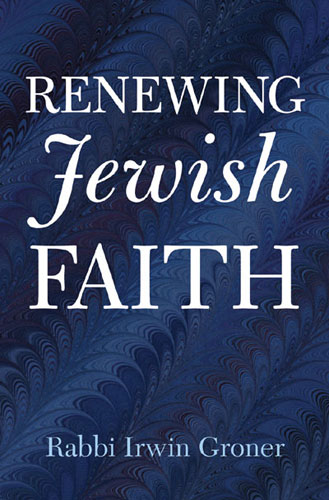Jewish Faith And Gambling
Question submitted to“Ask the Rabbi” by:
Surprisingly, the Bible contains no specific command to avoid gambling. However, the Bible does contain timeless principles for living a life pleasing to God and is filled with wisdom to deal with every situation, including gambling. Is Gambling a Sin? I wondered if gambling was an acceptable Jewish sport. A few weeks ago, the Justice Department reversed its position on the 1961 Wire Act saying that it applied to sports betting but not online. Jewish teachers and parents persisted in running clandestine schools. At the time of Hanukkah, Jewish teaching was done orally and it was necessary for students and teachers to work together in person in secret schools. Getting caught would likely lead to death. Students kept a gambling toy similar to a dreidel in their pockets. Apparently Rabbis know more about gambling but they want to. The dreidel id part of a game in which children sometimes bet little candies on the outcome of a spin. Adults Sometimes ruin themselves financially gambling. Chabad runs a program called lifeline to deal with va.
Name: Leanne

City: Pompano Beach, Florida
Full Question:
“Can you please tell me if gambling is a sin. I like to play bingo and sometimes the slots. I now have a greater understanding of the whole Torah, but I cannot find the answer to that question in the Torah”
Rabbi Tully Bryks responds:
Although gambling is not expressly addressed by the Torah itself, regular gambling is prohibited by Jewish law as a form of stealing. One common explanation is that both parties expect to win and certainly didn’t want to lose. As such, when one party does lose money, even though they had verbally agreed to the terms, it is still considered theft according to the Jewish law, since they never really wanted to part with their money. Based on this rationale, some would permit gambling under certain circumstances. Here are three examples:


- Gambling in a Casino – If someone wins money gambling in a casino, we don’t need to worry about the losses to the casino, since they come out ahead overall. The problem is that most people lose money at a casino. So the potential way around this would be for a person to stipulate a specific amount of money that they are prepared to spend (lose) for a fun day (or hour) at the casino. Just as it is common for people to pay $50-$100 for a good day at an amusement park, or $20 for a hour or two of fun playing arcade games, it would be reasonable for a person to proclaim that they are willing to spend $50 for the joy of playing games with all of the frills associated with a casino (the stipulation must be sincere). Such a person would have to stick with their preset daily spending, no matter what. It is worth noting that even though such a strategy would address the theft concern, many authorities would still prohibit gambling in a casino due to the negative overall environment and damage that is done to society. Unfortunately, it is often poor people who lose the most, and gambling addictions have destroyed families.
- Purchasing a Lottery Ticket – If a person is sad every time they don’t win, then it could be a problem. But if a person focuses on who is being helped by the lottery, such as schools or hospitals, and is perfectly happy to spend (or donate) that $1 towards helping that particular cause, then even the loss could be considered a gain and not theft.
- Bingos and Raffles to support Tzedakah (charities) – If a person’s main focus is supporting the institution and any incidental winnings are looked at merely as a side benefit, then this would be the least problematic of all all forms of gambling. It is worth noting that if a person wishes to deduct their raffle ticket from their Maaser account (obligation to donate 10-20% of our earnings to Tzedakah), this would complicate things if someone actually wins the prize. In such a case, one recommendation would for the winner to re-donate both the price of the raffle ticket (since retroactively the original raffle ticket now became an investment instead of a donation) plus 10-20% of the prize winnings back to the Tzedakah.
Jewish Faith And Gambling Day
Despite all of the points made above, there are some authorities who prohibit gambling for money under all circumstances. As such, everyone is advised to consult their personal rabbi for guidance.